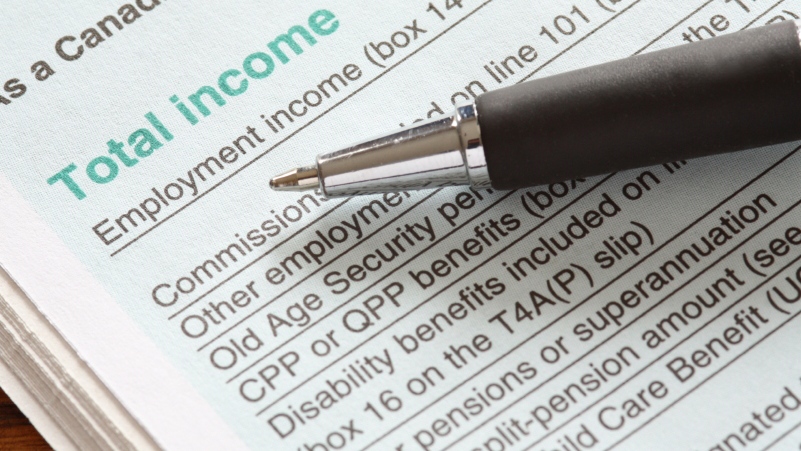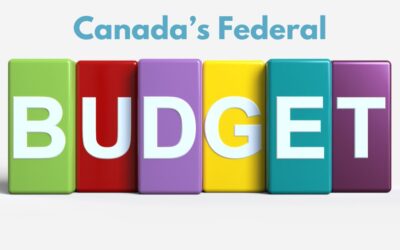When is a good time to tax plan?
Certainly not April 15th as your accountant is completing your return for you and countless others. Is your accountant the only person you should be consulting regarding your tax planning? Definitely not. Your financial planner is likely a better bet to initiate those discussions, and they’re likely more available to discuss your financial position during the tax crunch, when your finances are top of your priority list. Take advantage of the opportunity when you’re preparing to file your taxes, and have just received your completed return to seek out a meeting with a qualified financial advisor familiar with the kind of tax planning considerations you need to review and provide some options for the current and future tax years.
Why a financial advisor?
Your financial advisor is (most often) not an accountant, and your accountant is not a financial advisor. They each have a specific role as members of your overall financial health team and it’s important for you to realize that they should be used together to provide the best advice. For example, if your tax accountant completes your return and suggests that you explore making additional RRSP contributions to create further tax deductions for the current tax year, do you know if RRSP’s are really the best investment vehicle for you? Should you self-direct with a bank, or use an independent advisor? Mutual funds or stocks? Segregated funds or mutual funds? These are often questions that your tax accountant will not be qualified to answer and should be discussed with your financial advisor to put in place an effective long-term plan for investing and creating required tax deductions if necessary. Your advisor will take into account your overall financial picture, where your accountant may just get stuck on the numbers, if they’re offering tax planning advice at all.
For those business owners reading this, there are even more available options to you to create an effective tax plan, combining future outcomes for retirement (i.e. selling a business) and the forethought to position you as the business owner in the best possible light long-term.
During this tax-time when you’re thinking about your personal and business finances, here are some things to ask yourself:
- How often am I consulting with a tax and/or financial professional to make sure that plan remains consistent with my current situation, goals and objectives? Am I comfortable talking to them about my financial concerns?
- Do I have a long-term financial plan to not only protect my business, my retirement, but also my family?
- How protected are my assets, whether they be liquid (cash, investments) , capital (machinery, real estate), or the most important asset – my ability to earn an income?
- Am I making diversified investment choices aligned for my situation, and do I understand the investments I’m making?
- If I’m not investing right now, do I have a plan in place for when I’m ready to start?
Tips and tricks to staying organized and taking advantage of tax-effective strategies for you & your business:
If you’re incorporated and have two or more shareholders, disability plans can be paid by the corporation, making the premiums tax deductible (but the benefits will become taxable).
Looking for a tax deductible investment to make monthly? Interest payments on loans taken for the purpose of investing are tax-deductible, and will create a pool of funds from which you can draw tax-effective income during retirement.
If your self-employed income is minimal after your business and other deductions, rethink an RRSP – it doesn’t always make sense during retirement (psst – this is where long-term tax planning comes in).
BONUS TIP: Know your numbers… any given point in the year you should have an idea of your gross income, expenses, assets and liabilities. Maybe not to the penny, but you should be reviewing these figures quarterly so that you can make tax planning adjustments if necessary, and pay less tax overall for the year.
Get your team involved!
Financial advisor and tax accountant, along with a regular bookkeeper (or effective bookkeeping system you can do yourself) can go a long way in helping you get and stay on top of the tax man.
Need help taking the next steps? Get in touch!





0 Comments